
Russian Magic Tales from Pushkin to Platonov
Translated by ROBERT CHANDLER
and ELIZABETH CHANDLER
with SIBELAN FORRESTER, ANNA GUNIN
and OLGA MEERSON
Introduced by
ROBERT CHANDLER
with an Appendix by
SIBELAN FORRESTER
PENGUIN BOOKS
Contents
RUSSIAN MAGIC TALES FROM PUSHKIN TO PLATONOV
PART TWO
THE FIRST FOLKTALE COLLECTIONS
PART THREE
EARLY TWENTIETH-CENTURY COLLECTIONS
PART SIX
FOLKTALE COLLECTIONS FROM THE SOVIET PERIOD
(All stories in this section translated by Robert and Elizabeth Chandler and Olga Meerson)
PENGUIN  CLASSICS
CLASSICS
RUSSIAN MAGIC TALES FROM PUSHKIN TO PLATONOV
ROBERT CHANDLER has translated Sappho and Guillaume Apollinaire for Everymans Poetry. His translations from Russian include Aleksandr Pushkins Dubrovsky and The Captains Daughter, Nikolay Leskovs Lady Macbeth of Mtsensk and Vasily Grossmans Life and Fate and The Road. With his wife Elizabeth and other colleagues he has co-translated numerous works by Andrey Platonov; Soul won the 2004 American Association of Teachers of Slavic and East European Languages award for best translation from a Slavonic language, as did his translation of The Railway by the contemporary Uzbek novelist Hamid Ismailov. His Russian Short Stories from Pushkin to Buida is published in Penguin Classics.
ELIZABETH CHANDLER is a co-translator, with her husband, of Pushkins The Captains Daughter and of several titles by Andrey Platonov and Vasily Grossman.
PROFESSOR SIBELAN FORRESTER teaches at Swarthmore College, Pennsylvania. Her broad range of interests include Russian folklore, the poetry of Marina Tsvetaeva and Russian Womens Writing. She has translated many books both poetry and prose from Croatian, Russian and Serbian. Wayne State University Press will soon be publishing her translation of Vladimir Propps The Russian Folktale.
ANNA GUNIN has translated I am a Chechen! by German Sadulaev and The Sky Wept Fire by Mikail Eldin. She is now translating a complete edition of Varlam Shalamovs Kolyma Tales for Penguin Classics.
PROFESSOR OLGA MEERSON teaches at Georgetown University and is the author of books about Dostoevsky, Platonov and Russian poetry. She is a co-translator, with Robert and Elizabeth Chandler, of Andrey Platonovs Soul and The Foundation Pit.
Introduction
The hero has one clear, linear task. At the end of it lies his reward, usually a princess. While accomplishing the task, he encounters various helpers, whose gifts or services are all palpably material. Helpers and obstacles appear from nowhere and disappear without a trace; a dark void opens up on either side of the narrow path of the plot. Whatever is on that path, however, is lit up in brilliant primary colours: metallic reds, golds, blues. Throughout his travails the hero expresses no astonishment, curiosity, longing, or fear, and apparently does not experience pain. He never reassesses his goal or his reward.
Caryl Emerson, The Cambridge Introduction to Russian Literature
Off he went towards the blue sea.
(The blue sea was blacker than black.)
He called out to the golden fish
Aleksandr Pushkin, from A Tale about a Fisherman and a Fish
I used to be Snow White, but I drifted
Mae West
The magic tale also often called the wonder tale or fairy tale is remarkably adaptable. Transformation is its central theme, and the tales themselves seem capable of almost infinite transformation. In one Russian version of the Cinderella story the heroine is helped by a doll; in another Russian version she is helped by a cow; and in a written version from seventh-century China she is helped by a fish. In different versions of Beauty and the Beast, the heroine marries a serpent, a white bear, a falcon and in an English version recorded in the 1890s a great, foul, small-tooth dog. And what is essentially the same tale can find a home for itself in a Walt Disney film, in a Russian peasant hut, within the sophisticated framework of The Arabian Nights, or in the nurseries of well-brought-up Victorian children.
This adaptability, however, has obscured our understanding of these tales. What have become by far the best-known versions are those derived from Charles Perraults Tales of Mother Goose, which was first published in 1697. It was Perrault who established the fairy tale as a literary genre and he intended his versions for the children of the French upper and middle classes. And in 1812 the Brothers Grimm chose to follow Perrault, entitling their famous collection Childrens and Household Tales. The oral magic tale, however, is often violent, scatological and sexually explicit. It is probable that its origin lies in archaic rituals, that it was seen as endowed with occult power and that there were strict conditions as to when, where, how and by whom it could be told. Such taboos survived longer in Russia than in most European countries; according to the American scholar Jack Haney, many storytellers in the far north of European Russia observed strict taboos as late as the 1930s; tales could be told only by men, to male audiences, after dark, and never during the main Orthodox fasts. The underlying reason for these taboos was the belief that spirits of all kinds enjoyed listening to tales. At night and in winter, when a peasants animals were safely shut up, spirits presented less of a danger. When the animals were out in the fields, however, spirits might come and steal them and in spring and early summer they might steal the animals young. This is impossible to establish with certainty, but Haneys broader point remains incontrovertible: the tales were not to be told lightly.
Magic tales are perhaps easier to recognize than to define. Most involve some kind of quest often into the underground realm of a dangerous witch; this may be like a vestige of some shamanic initiation rite. Often the hero is able to achieve his goal only thanks to the wisdom and practical help provided by birds, fish or other creatures whom he has helped earlier in the tale; this, too, is reminiscent of a shaman calling on his spirit helpers. Sometimes the hero is transformed from bird or animal to human, or vice versa; sometimes he is cut to pieces, then put together again. Just as all initiation rites involve some kind of transformation and/or symbolic dismemberment, so do all magic tales.
One of the first scholars to articulate these understandings was the Soviet folklorist Vladimir Propp, in his Historical Roots of the Wonder Tale (first published as long ago as 1946 but still not translated into English in full). And in some parts of Russia the groom and bride were known as the he-bear and the she-bear.
The Tsarevna who would not Laugh affords a still more striking example of the link between the magic tale and archaic rituals. Afanasyevs version () begins with the tsarevna sitting miserably in her room, unable to laugh or take any joy in life. Her father promises her in marriage to whoever first makes her laugh. A peasant has been working hard for three years, making his masters crops grow and his animals multiply even in the most unpropitious conditions. While on his way to the city, this peasant shows kindness to a mouse, a beetle and a catfish. He then falls down in the mud outside the tsars palace. The three creatures appear and express their gratitude to him by cleaning him up. The tsarevna sees all this from her window and laughs. A rival tries to take the credit for her laughter, but the tsarevna points to the peasant and says that it was he who made her laugh. The tsarevna then marries the peasant. Propp relates this tale to the Eleusinian mysteries and the myth of Demeter, one of whose titles was the unlaughing one (
Next page


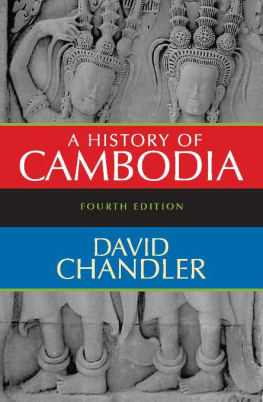

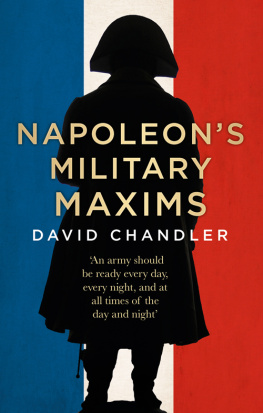
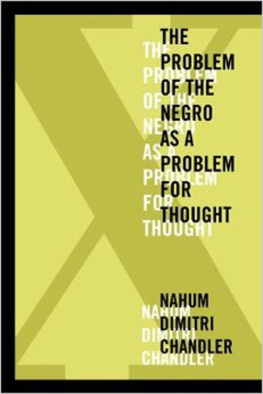
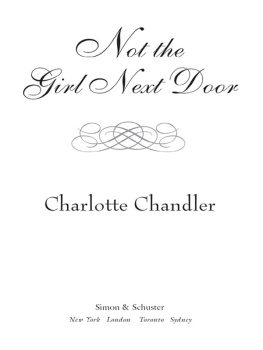
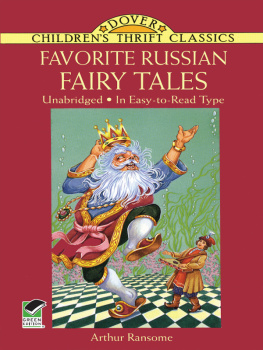
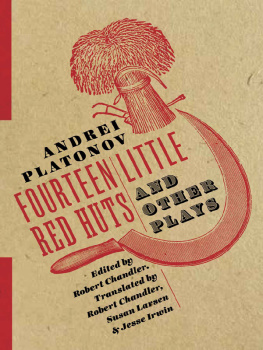
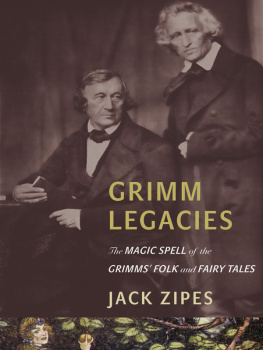

 CLASSICS
CLASSICS